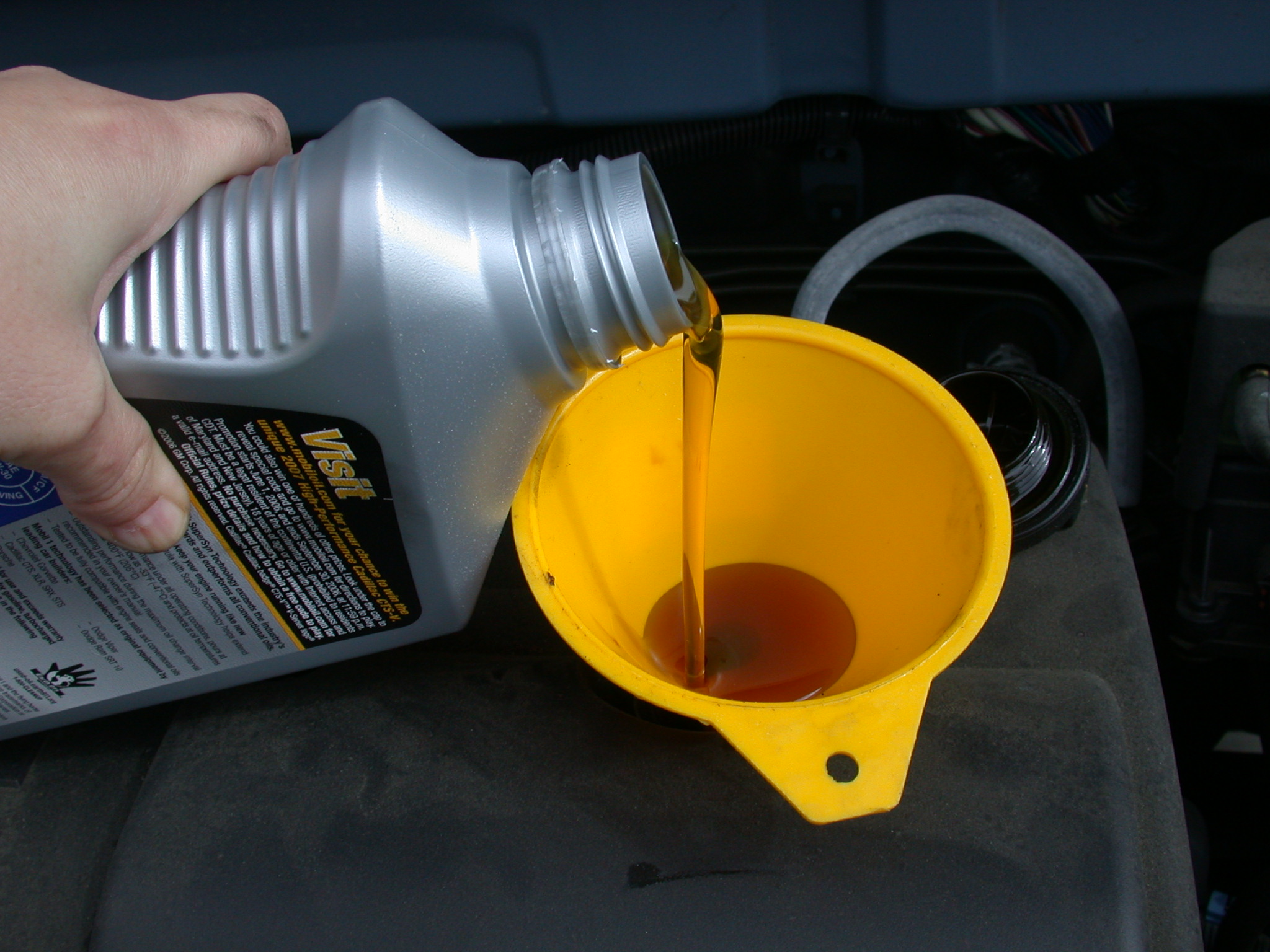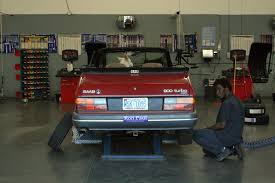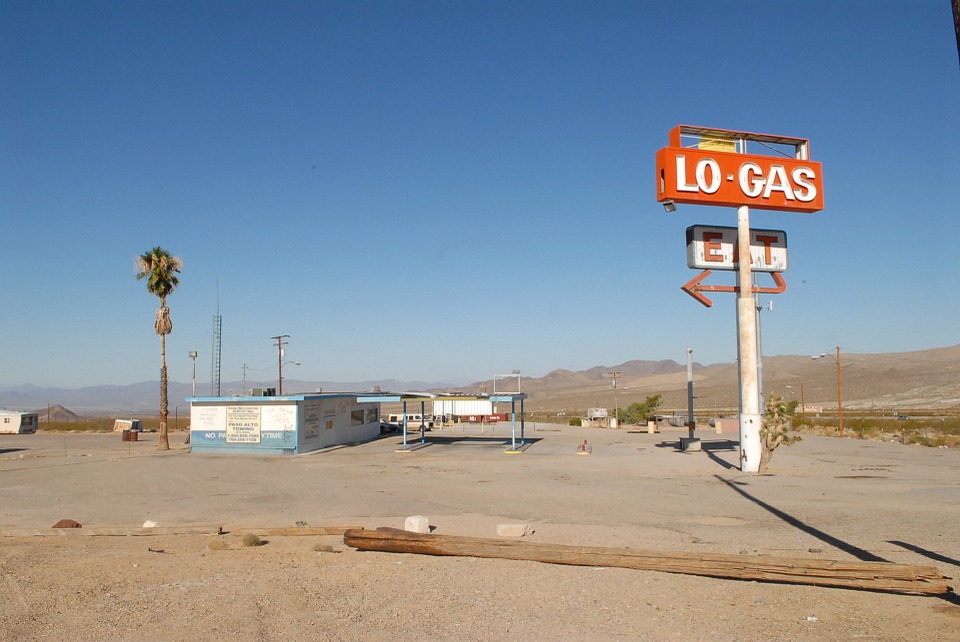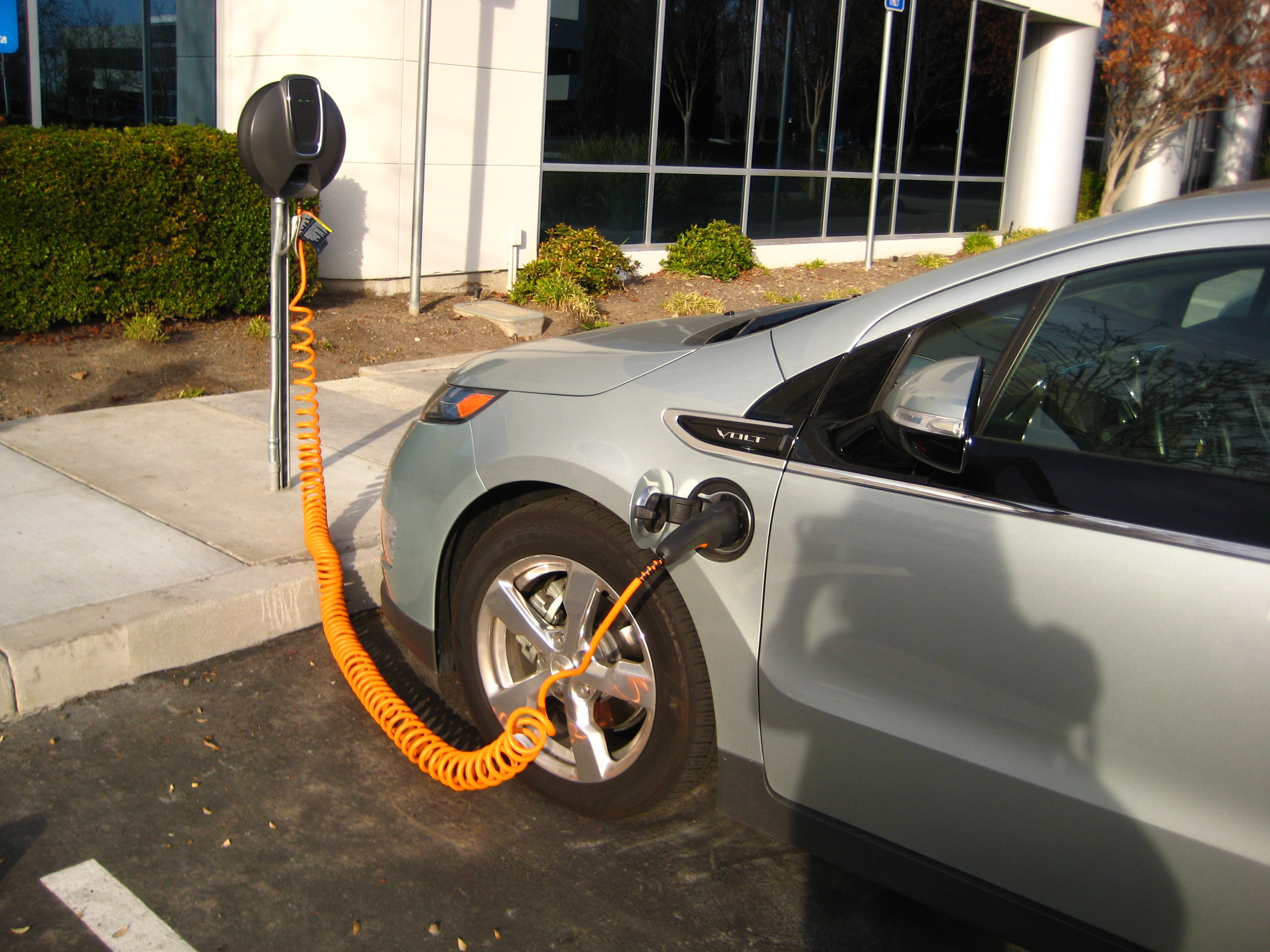Posted on 11/19/2016

For years, conventional mineral-based motor oil was a driver’s only option. Repair shops and quick-change pushed the “3,000 mile rule” for oil change intervals, in order to keep an engine’s internal assemblies clean of carbon and sludge deposits. Today’s conventional oil formulations feature detergents, friction modifiers, dispersants and other additives that can allow a 5,000 mile interval for oil changes with no compromise in engine protection. Older engines (past the 100,000 mile mark) tend to show a bit of wear, with looser internal clearances between moving parts. For these engines, a synthetic blend oil may be a better choice. Synthetic blend contains seal swell additives that can expand gaskets and other seals that may have dried out and shrank, helping to deter leaks. For overall engine protection, though, the jury is in. After years of testing and real-world experience, it’s been shown beyond doubt that full synthetic motor oil does a superior job of engine protection. Sy ... read more
Posted on 4/29/2016

You may not know it, but the Car Care Council sets aside two months a year to promote car care awareness: April and October are both Car Care Month! For drivers, Car Care Month is a useful reminder to check up on routine maintenance and upkeep items, as well as any chronic problems that might need to be addressed. Here are a few points: · Check the fluids: Motor oil level should be checked with every fill-up of fuel, and changed (using the proper grade) at manufacturer's recommended intervals. Brake, power steering, coolant, automatic transmission and windshield washer fluids all need to be topped off and checked regularly. Coolant and AF should be flushed and replaced at manufacturer's recommended intervals. · Belts and hoses: With every oil change, the condition of the hoses should be checked; a pressure test of the cooling system will quickly reveal a failing hose or ... read more
Posted on 4/15/2016

Gas prices are at least a little lower right now, but let's face it...we're all really at the mercy of the oil companies and whatever they decide to charge for a gallon of gas or diesel. And even though prices are down, comparatively speaking, right now, chances are they won't stay that way and gas is never going to be “cheap” again. The smart money is on fuel-efficient cars, but what are the most fuel-efficient models out there? Here's a quick rundown of the current top fuel savers: Two-Seaters: The Honda CR-Z is currently best in class, turning in a combined 37 mpg with its 1.5 liter 4 cylinder and automatic transmission. Minicompacts: Fiat 500, with combined 34 mpg and 1.4 L 4-cylinder and manual 5-speed transmission. Subcompacts: Look for the Scion iA, at 37 mpg with a 1.5 L 4-cylinder and automatic Compacts: Not surprisingly, the Toyota Prius c hybrid turns in a combined 50 mpg with a 1.5 L 4-cylinder ... read more
Posted on 4/7/2016

Are pricey windshield wiper replacements better than cheap ones? Like anything else, prices of windshield wiper replacements vary by size, style, quality, brand, etc. Are there suggested styles and types that can service you better? There are 3 basic types of windshield wipers:1: frame type:this is the most common type and it uses metal framework to support the wiper. This is the most widely used and most affordable style of wiper. 2: winter wiper:this type has a rubber shell around the framework to keep it from collecting ice and snow. This would, of course, hinder the wiper mechanism's flexibility and ability to bend to the shape of your windshield. Some manufacturers of winter wipers claim they utilize special compounds that keep the wiper blades pliable even in the coldest temperatures. 3: beam-style wipers:these are designed in a one-piece that allows the blades to better adhere to the curved shape of the windsh ... read more
Posted on 3/30/2016

Deep down, everyone knows that there's a limited amount of oil on the planet, and that gasoline-powered vehicles have some pretty nasty side effects for the environment. More and more people have opted for alternative fuels, but it's important to be able to take the bad with the good when it comes to alternative fuels. If you're considering making a switch, here are some things to consider: HybridsPros: Not a whole lot different from driving any other vehicle – they run on regular gasoline and don't come with much of a change in lifestyle or driving habits. Cons: Often a higher sticker price than a conventional counterpart, and sometimes hybrids tend to disappoint when it comes to fuel economy. Lack of power and acceleration with older models. Plug-In HybridPros: No emissions in all-electric mode, cheap cost per mile, and home recharging. Cons: Higher sticker price, daytime c ... read more